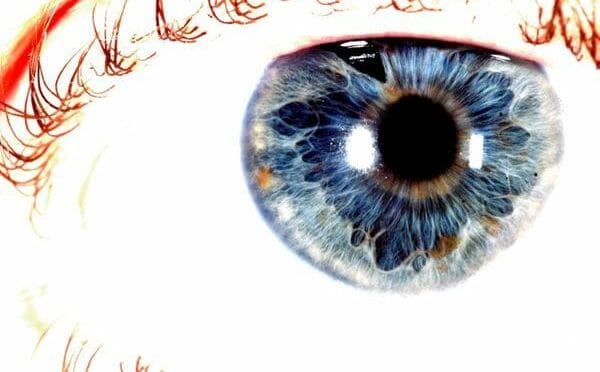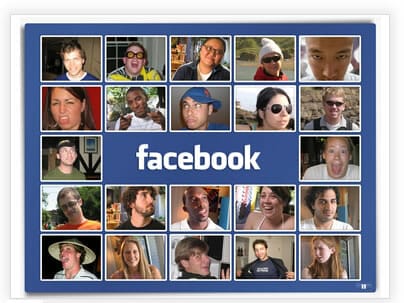Today’s post comes from guest author Laurel Anderson, from Causey Law Firm.
Facebook, Twitter, YouTube, LinkedIn, Pinterest, Instagram and other wildly popular social media websites have transformed how people both connect with each other and obtain information about other people. It has also created a change in the legal arena. For our clients who are currently applying for or receiving workers’ comp time loss benefits, or Social Security Disability Insurance (SSDI) benefits, our advice is to keep in mind the importance of privacy settings for both written information and photos on their individual accounts. While a Washington State law went into effect this weekend barring employers from requesting access to Facebook passwords, if your privacy settings are not tight, curious parties can randomly obtain information about you.
While a Washington State law went into effect this weekend barring employers from requesting access to Facebook passwords, if your privacy settings are not tight, curious parties can randomly obtain information about you.
From our experience, you can now assume that claims managers, employers, and defense attorneys will search for information on the internet regarding your personal life that can impact your claim for benefits. Please make sure that any outdated information regarding your activities is removed from your personal page. Do not use social media to vent about your employer or state agencies that are the decision-makers in your claim. You may be under the impression that only your friends can see your personal page, and that you have some right to privacy. However, be aware that all of the content on your walls, including photos and instant messaging, could be potentially discoverable by your employer or opposing counsel in a litigated case if the content is relevant to your claim for benefits.
The risk is somewhat less in the SSDI arena since there actually is an agency directive to ALJs and DDS adjudicators that they are not to use social media to research claimants. We nevertheless warn our SSDI clients concerning social media, as we are not convinced that agency people are always playing by the rules, or that those rules may not soon change.
Photo credit: lindes / Foter / CC BY-NC-SA



